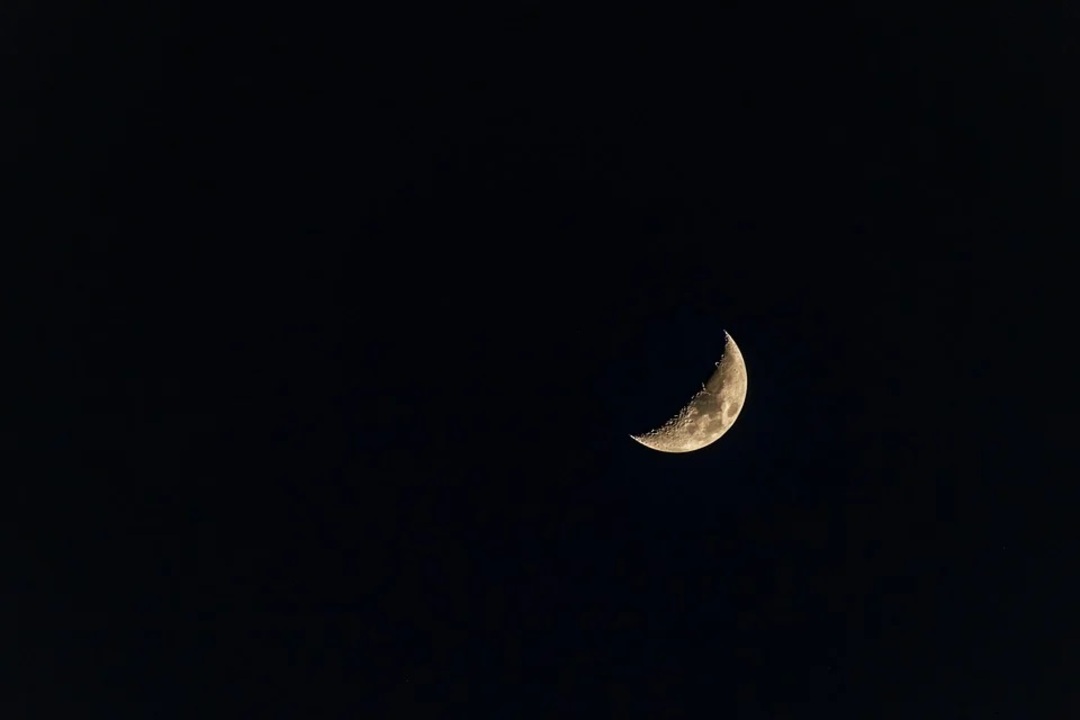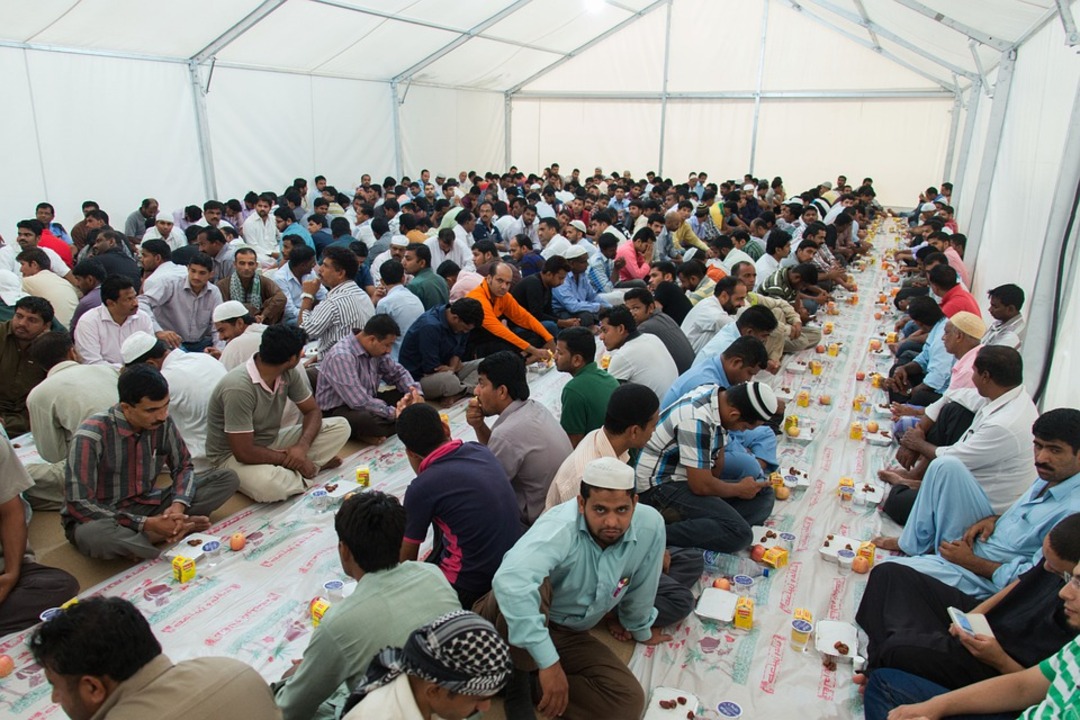-
Muslims will observe holy month of Ramadan twice in the year 2030

The Alarabiya English reported, according to Saudi astronomer Khaled al-Zaqaq, Muslims will observe the holy month of Ramadan twice in one year in 2030.
It said that this is due to the fact that the Islamic Hijri calendar is based on lunar cycles, while the Gregorian calendar marks the Earth’s passage around the sun.
The astronomer said in a video posted on his Twitter account, the disparity between the two calendars means that Ramadan will fall twice in one Gregorian year roughly every 30 years.
The last time it happened was in 1997, and before that in 1965. It is due to happen again in 2030.
In the Hijri year 1451 AH, Ramadan will begin around January 5, 2030, and in the year 1452 AH it will fall around December 26, 2030.

This will result in Muslims fasting for around 36 days total in 2030: The full month of 30 days for the year 1451 AH and around six days for the year 1452.
The report pointed out that the Hijri lunar year lasts 354 or 355 days, meaning that it does not line up precisely with the Gregorian calendar of 365 days.
Saudi Arabia uses mobile application to facilitate visitors' pilgrimage during Ramadan
This also means that Ramadan falls in different seasons every year – going in cycles of around 32 years.
Ramadan 1449 AH, due to begin in 2028, will take place in midwinter.
In 1466 AH, corresponding to 2044, the holy month is due to begin during the height of summer.
Charities warn half of British Muslims will struggle to feed their families during Ramadan
It should be noted that fasting during Ramadan is observed from sunrise to sunset, meaning that the longest periods of fasting will take place when Ramadan is in the summer, and the shortest when it falls in winter.
Source: alarabiyaenglish
You May Also Like
Popular Posts
Caricature
BENEFIT Sponsors BuildHer...
- April 23, 2025
BENEFIT, the Kingdom’s innovator and leading company in Fintech and electronic financial transactions service, has sponsored the BuildHer CityHack 2025 Hackathon, a two-day event spearheaded by the College of Engineering and Technology at the Royal University for Women (RUW).
Aimed at secondary school students, the event brought together a distinguished group of academic professionals and technology experts to mentor and inspire young participants.
More than 100 high school students from across the Kingdom of Bahrain took part in the hackathon, which featured an intensive programme of training workshops and hands-on sessions. These activities were tailored to enhance participants’ critical thinking, collaborative problem-solving, and team-building capabilities, while also encouraging the development of practical and sustainable solutions to contemporary challenges using modern technological tools.
BENEFIT’s Chief Executive Mr. Abdulwahed AlJanahi, commented: “Our support for this educational hackathon reflects our long-term strategic vision to nurture the talents of emerging national youth and empower the next generation of accomplished female leaders in technology. By fostering creativity and innovation, we aim to contribute meaningfully to Bahrain’s comprehensive development goals and align with the aspirations outlined in the Kingdom’s Vision 2030—an ambition in which BENEFIT plays a central role.”
Professor Riyadh Yousif Hamzah, President of the Royal University for Women, commented: “This initiative reflects our commitment to advancing women in STEM fields. We're cultivating a generation of creative, solution-driven female leaders who will drive national development. Our partnership with BENEFIT exemplifies the powerful synergy between academia and private sector in supporting educational innovation.”
Hanan Abdulla Hasan, Senior Manager, PR & Communication at BENEFIT, said: “We are honoured to collaborate with RUW in supporting this remarkable technology-focused event. It highlights our commitment to social responsibility, and our ongoing efforts to enhance the digital and innovation capabilities of young Bahraini women and foster their ability to harness technological tools in the service of a smarter, more sustainable future.”
For his part, Dr. Humam ElAgha, Acting Dean of the College of Engineering and Technology at the University, said: “BuildHer CityHack 2025 embodies our hands-on approach to education. By tackling real-world problems through creative thinking and sustainable solutions, we're preparing women to thrive in the knowledge economy – a cornerstone of the University's vision.”
opinion
Report
ads
Newsletter
Subscribe to our mailing list to get the new updates!






















